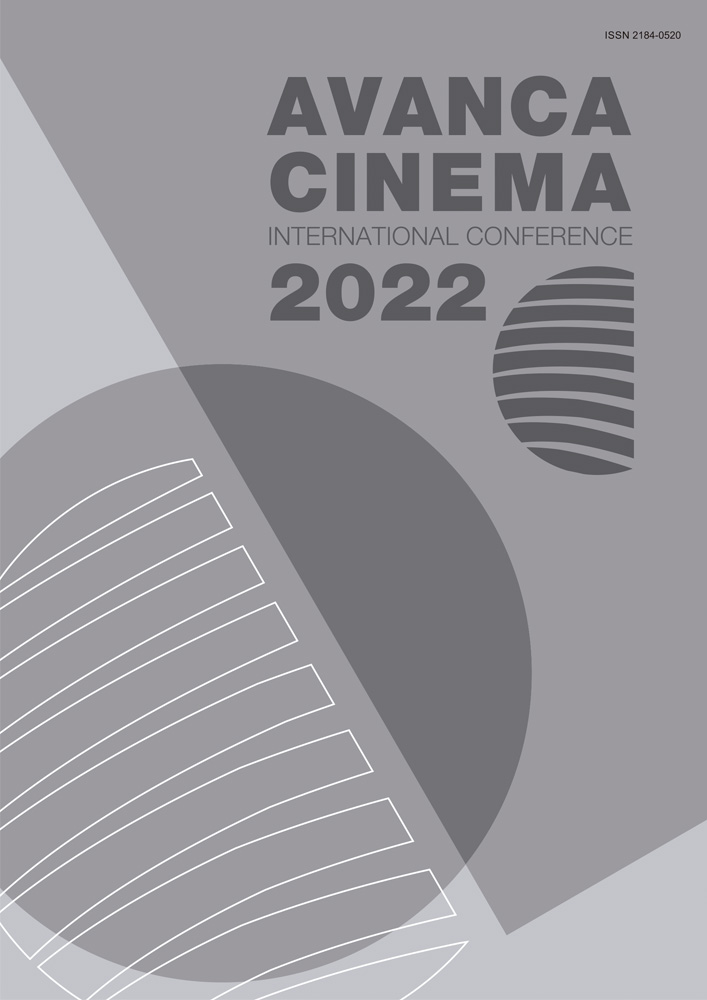Chapitre II _ Cinéma - Cinéma
Biografia comunicacional e usurpação da autoria na televisão brasileira: um estudo de caso sobre Babilônia, última novela de Gilberto Braga
Résumé
The Brazilian telenovela, as a work in progress, is built on the articulation of authorship and management of audience fluctuations. It is an important object of study to bethink the dynamics of television in certain historical moments. If Brazilian telenovelas are closely aligned with the contexts in which they are broadcast, to what extent do they mediate the perception of the country’s social, political and economic reality? This article is based on the hypothesis that certain interventions from executives in the plots results in the usurpation of authorship, especially at times when authoritarian postures tend to institutionalize. As these impositions implodes the foundations of a genre marked by authorial signature, our goal is to analyze the impacts on authorship when subtracted from its intertextuality and vision of the world. Our empirical object is the telenovela Babilônia (TV Globo, 2015), the last work by author Gilberto Braga (1945-2021) to be produced by Globo, in partnership with João Ximenes Braga and Ricardo Linhares, and which recorded the lowest 9pm slot audience rating ever. The concept-method to be used is that of communicational biography, which will guide the analysis through the articulation between different types of texts: the synopsis, the 80 chapters originally written compared to the chapters modified by imposition of the company’s management; autobiographical accounts; and the repercussion on specialized criticism.

Ce travail est disponible sous la licence Creative Commons Attribution 4.0 International .

